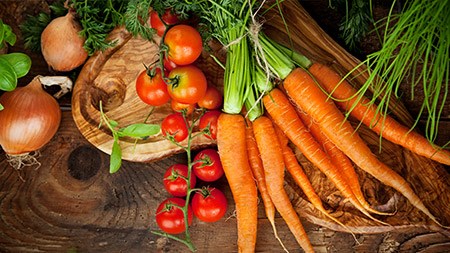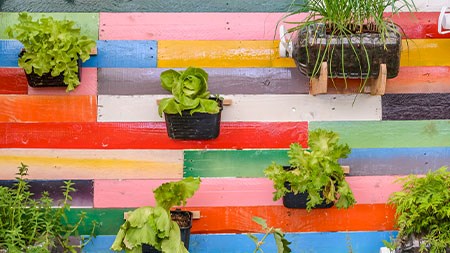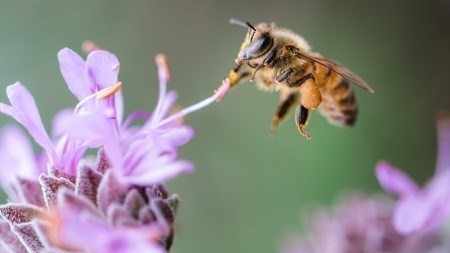You might not save millions, but growing your own vegetables can save a great deal of money.
Food prices are rising dramatically across the board, however, it seems that the price of fresh vegetables in particular is at risk of soaring to unprecedented levels. The drought has had a devastating impact on South Africa's crops and unfortunately this means that we are going to be forced to pay more for even the most basic foodstuffs.
Anything dependent on agricultural production, including grains cultivated for animal feed, will ultimately have an adverse affect on the prices of meat and poultry. We might not be able to avoid having to pay more for food, but we can alleviate some of the strain by growing some food ourselves.
Vegetable gardens may have fallen out of fashion, but technology has overtaken the need for a spade, fork and backbreaking labour to produce seasonal vegetables in your back yard.
For a relatively small investment in hydroponic equipment and a little online research you will be able to produce an abundance of food, obviously suited to your climate and location.
There are many advantages to growing hydroponically, but given the current state of affairs saving water seems to be the most important. Closed hydroponic systems (that recirculate water and nutrients over and over) are eminently suitable for places where water is scarce, as opposed to open systems (where water runs to waste). Fortunately, a little research and ingenuity will allow anyone to become involved in food production without a major capital outlay.
As with any endeavour, specialisation can be rewarding. If you enjoy and can grow root vegetables, you need to hook up with someone who enjoys growing leafy greens and above-ground produce. This permits symbiotic coexistence with neighbours and friends and everyone benefits.
A crop of fresh vegetables, regardless of its size and variety is going to supplement your monthly grocery purchases. When drought is upon us, as it is now, the price of leafy greens soars and yet these are one of the easiest commodities to grow yourself.
A little baby spinach, lettuce, kale and collard greens mixed in with mustard and cress will add variety to your salads and give you a sense of pride in your growing skills like nothing else could. That being said, those without green thumbs should avoid tackling the production of long-term crops like strawberries, soft fruits and vegetables like artichokes, onions (except the green variety) and potatoes.
Do a bit of reading on foods that grown quickly and are suited to your particular climate. If there is anyone else in your area already producing food, don't be hesitant to ask for advice: most growers are more than happy to share their knowledge and expertise.



